A sampling of the Practicum Projects for 2018-19 are described briefly below:
Host - REI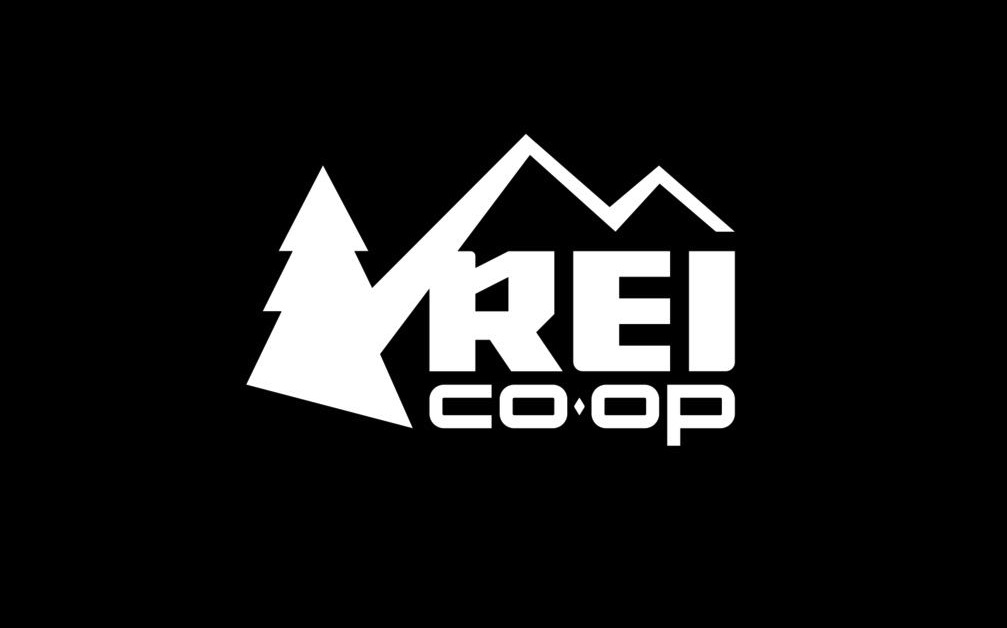
Project Title – Evaluating Sustainability Impact in REI’s Adventure Travel Operations
REI is the largest consumer cooperative in the United States, specializing in performance outdoor goods and adventure travel. Sustainability is an integral part of REI: The Co-op donates millions of dollars every year to support conservation efforts locally, nationally, and globally, and it strives for positive environmental and social impact through initiatives like its product sustainability standards and its Force of Nature campaign.
The practicum will focus on REI’s adventure travel program. As one of the largest adventure travel companies, REI is interested in aligning its practices with its core values. The SI-MBA team will evaluate the sustainability of REI’s current operations, benchmark them against competitors, then recommend improvements. Evaluations will consider both global and localized environmental and economic impacts.
Ultimately, the project will consist of extensive market research, stakeholder analysis, and a thorough evaluation of REI’s value chain. In addition, the team will strive to create an evaluative tool capable of measuring REI’s sustainability in its multifaceted adventure travel operations.
Host – Jaipur Rugs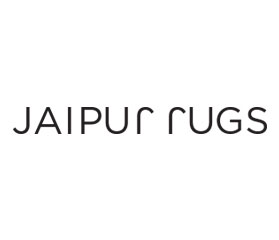
Project Title – Building a Consumer Brand Around Sustainability
Rug weaving is a 2,500-year-old art form in India, with 2.5 million artisans currently engaged in the craft. To sustain the age-old art form, celebrate the craftsmanship, and dignify the weaving profession Jaipur Rugs is currently working on a social innovation project – Manchaha (Artisan Originals).
The roots of the project emerged when a re-creation of one of the weaver’s designs won the prestigious German Design Award. With that experience in hand, Jaipur Rugs started developing and branding the weavers as unique designers who can weave their own designs. Now Jaipur Rugs is trying to launch the initiative as a new line of one-of-a-kind luxurious artisan rugs. Currently, around 100 weavers are making their own designs. One of them has been nominated as a finalist for Carpet Design Award; another has won the German Design Award for 2018; and 3 of them won Elle Décor India International design awards.
With this potential, Jaipur Rugs faces a challenge: it has been into b2b business for the last 38 years and is trying to decide if Artisan Original can be the catalyst to catapult Jaipur Rugs in the consumer branded business. If so, how does it keep the Founder’s Mentality intact? Is the social message enough to build a consumer brand? What will that brand be, Jaipur Rugs or the Artisan Original? How will the artisan know what consumers will want to buy? Should Jaipur Rugs even venture into the branded consumer market? If so, how will it define a pricing strategy, and how will it decide on the weavers’ remuneration? How will Jaipur rugs manage impacts on its core business?
We plan to answer these questions by developing a sustainable brand strategy for Jaipur Rugs Company. Our field work will likely include travel to Jaipur Rugs Headquarters in Jaipur, Rajasthan, India, where we will conduct on-the-ground market research in the villages of Rajasthan and interview the artisans and founders.
Host – Seventh Generation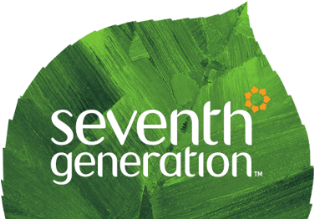
Project Title – Finding a Solution in Retail to Single Use Plastic Bottle Waste Host Organization
For the past 70 years, our society has adopted a dependence on single-use, disposable plastic products. In 2015 alone, the world produced over 320 million tons of plastic. While some of those materials can be recycled, only a limited portion of all plastic containers that can be recycled actually are. Much of the estimated 8 billion tons of plastic that have been produced remain unaccounted for and much of that waste is likely polluting the world’s waterways.
The purpose of this practicum is to research the industry challenge identified above and develop a clear, cohesive sales story for our Brick & Mortar customers to partner with Seventh Generation on developing a systemic solution to waste stemming from single-use plastic bottles. This practicum will focus on identifying a scalable bulk refill solution with our Brick & Mortar customers as key stakeholders.
The project will focus on laundry detergent and build the recommendation so that it can be proliferated across the rest of SVG’s product lines.
Host – Ashoka
Project Title – Fostering Awareness and Understanding of Hybrid Business Models
The Ashoka practicum focuses on three interconnected activities: conducting research about the Ashoka fellow network, including surveying, phone interviews, and in-person interviews; designing a strategic marketing plan and asset mock-ups showcasing five to ten successful and transformational fellow stories, based on the data collected during the research activities; and identifying and onboarding at least three new Ashoka partners, specifically business schools, with the goal of fostering awareness and understanding of the hybrid business systems and the worldview of Ashoka leaders and the Ashoka Changemaker Economy.
Host – Green Man Acres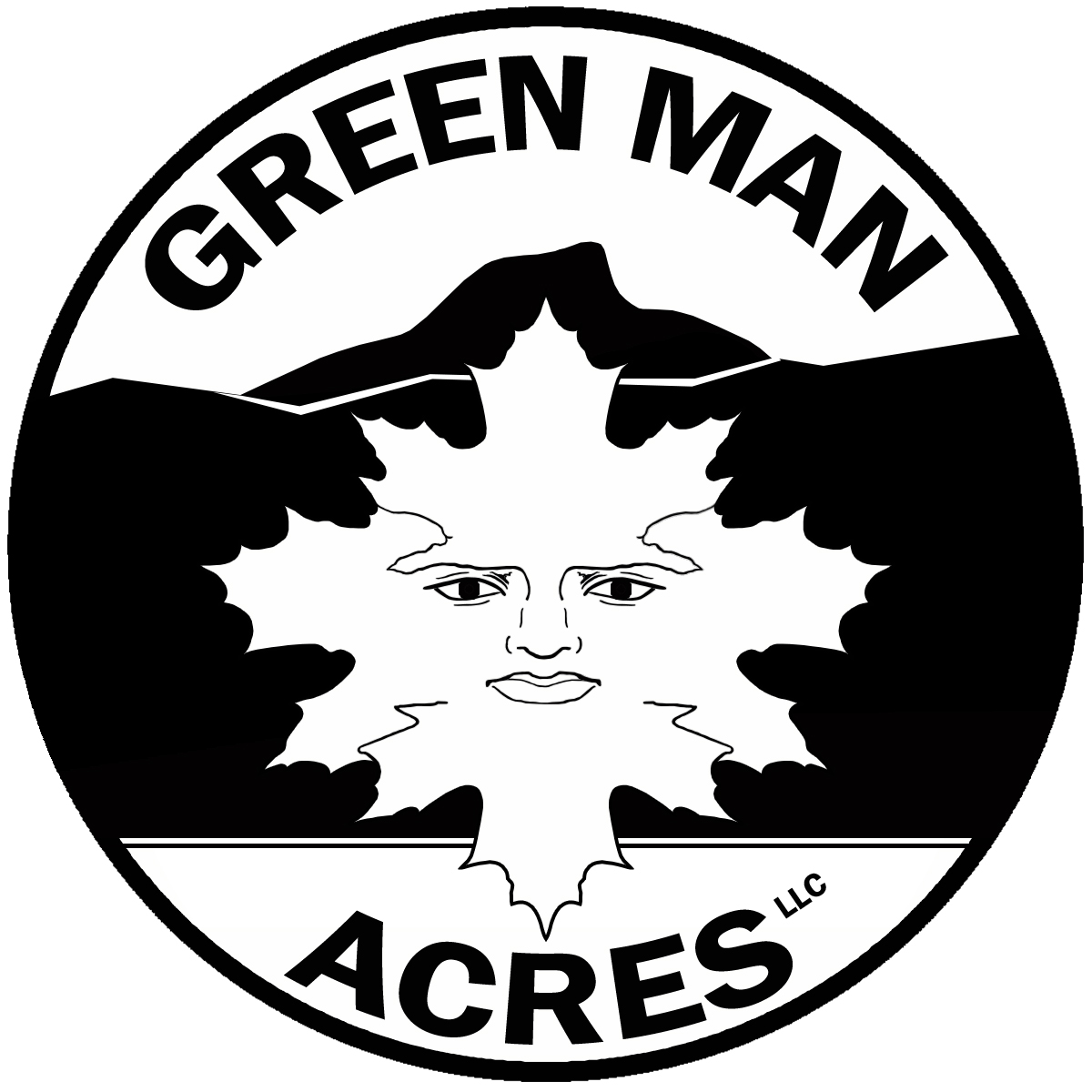
Project Title – Building Regenerative Agriculture From the Ground Up
Green Man Acres is a diversified farm being developed in Monkton, VT using regenerative agricultural methods. The primary focus areas are developing the financial projections, shifting a property boundary, building a sawmill/ cabin, getting permits and the septic design completed. Investment is being secured which allows for the purchase of necessary equipment and covering operating expenses for the next 2 years. Additional financing for purchasing the property and covering startup costs will be sought through working with the Small Business Development Center to develop the elements of loan applications for the purchase of the property which is currently being leased.
Host – Environmental Law Institute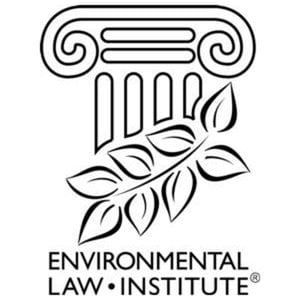
Project Title – The 3D Printing Industry: Examining Voluntary Market Forces to Reduce Negative Externalities
The Environmental Law Institute (ELI) is a non-partisan think tank that “makes law work for people, places, and the planet” by identifying innovative, just, and practical solutions for policy makers, businesses and communities.
This project will investigate the future socioeconomic landscape that the expansion of 3D-printing will present for people, organizations, and businesses throughout the world, with a specific focus on the United States. 3D-printing technologies present a wealth of exciting possibilities, yet unanswered questions remain regarding the potential adverse environmental impacts. We aim to close these gaps in understanding the environmental risks of the 3D-printing industry, its larger social and economic impact, and the possible trajectories of AM technologies with regards to health, energy, and materials. We will collaborate with a trade association or makerspace to develop strategies to enhance sustainable AM business practices through codes of conduct or other voluntary frameworks which can be adopted by manufacturers, supply chains, and hobbyists. Through data-intensive and analytically-sound research, our goal is to provide recommendations and guidelines that will reduce the footprint of the technology to achieve more sustainable outcomes.
Host – Burton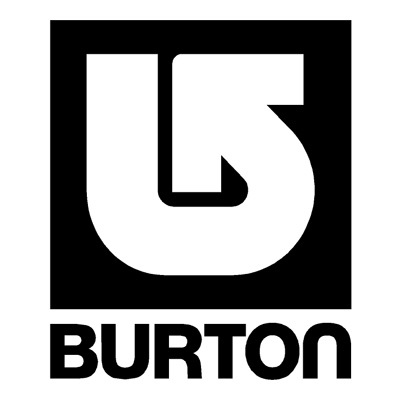
Project Title – Global Warranty and Repair Program
Every second, the equivalent of one garbage truck of textiles is landfilled or incinerated. Most of these products could have had prolonged lives through reuse or recycling. While Burton continues to develop products built to last, we want to ensure they live their fullest life. This is core to our environmental commitments. Standing behind our products, we recently announced Lifetime Warranty for all softgoods, and also have strong warranty policies for hardgoods. Products that do not stand up to our strong quality standards are reviewed and sometimes repaired by our Warranty and Repairs team in each global sales region. We have a goal of doubling the warranty repair rate over the span of just three years, from 20% in 2017 to 40% in 2020. That means that 40% of warranty claims will be repaired rather than replaced, which keeps more products out of the landfill for longer. This is an ambitious goal that will require creative problem-solving. Burton is seeking a team of students to take on the challenge of reimagining the global warranty and repair program. This is an opportunity to dive deep into a business unit that is impacted by and has the potential to impact product design and manufacturing across a range of product categories, including apparel, outerwear, packs, bags, luggage, tents, snowboards, boots, bindings, helmets, goggle, and more. Working alongside the Sustainability and Warranty and Repair teams at headquarters, students will be immersed in the process from customer service claim through product receipt, evaluation, and repair. Project activities and deliverables will include: mapping and performance evaluation of current program, inclusive of its global scope; identification of best practices for product repair and recycling, within and beyond our industry; proposed redesign and business plan for the global warranty and repair program, encompassing policies, processes, and physical and human resources.
Host – Resonance
Project Title – Blockchain Framework for Corporate Sustainability and Global Development
Resonance is a frontier market solutions firm providing consulting, advisory and project support to a diverse range of corporate, donor agency and philanthropic clients around the world with focus on delivering market-based and technological solutions to solve the world’s toughest challenges. Blockchain, a Distributed Ledger Technology, is a decentralized database that introduces transparency and efficacy to electronic record keeping. Blockchain offers unique and exciting potential for solving complex issues across a wide range of applications for both public and private sectors. As awareness of Blockchain has grown, Resonance’s clients are increasingly asking whether it is appropriate for their needs. While Blockchain and other disturbed ledger technologies hold tremendous promise, it remains poorly understood in the marketplace. The purpose of this practicum is to build upon Resonance’s initial work of developing a proprietary analytical tool for assisting clients to make better decisions about when and how to use Blockchain, and other Distributed Ledger Technologies, in areas relevant to their work. In particular, the goal is to develop a framework applicable to corporate sustainability, supply chains, global development, environmental conservation, climate change and agriculture in frontier and developing market contexts.
Host – Ben & Jerry’s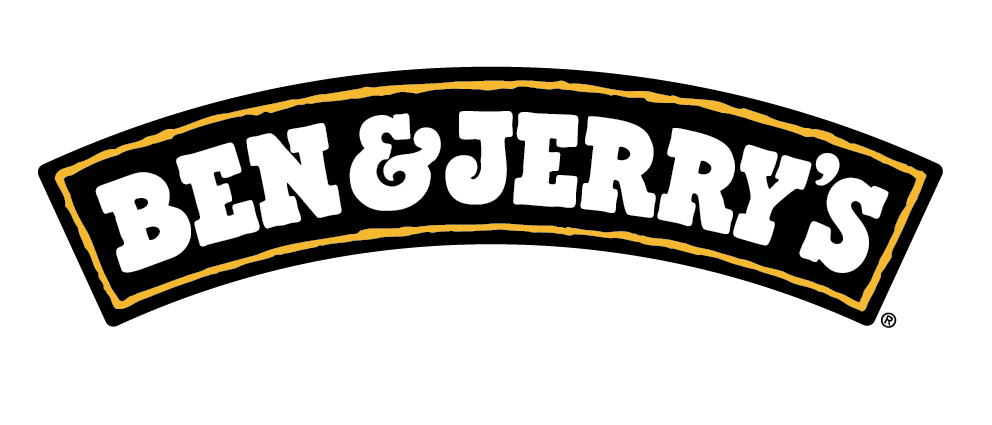
Project Title – Sustainable Dairy 3.0
The purpose of this practicum is to determine the economic costs and savings for dairy farmers who implement sustainable agricultural practices. The team will create an economic model that analyzes cost data and qualitative ecological impacts over a multiple year time horizon for variables such as soil practices, pesticides and input usage, and animal care, across small, medium, and large farms. This model will compare the on-farm economics of conventional, regenerative, non-GMO, and organic farming, as well as the cost of compliance with Ben & Jerry’s farm standards. Initially, the model will focus on dairy farmers in Vermont, with the possibility of expanding the scope to include national and international data. The project will identify a business case for sustainable agricultural and the appropriate incentives to encourage eco-friendly practices. Ultimately this work will help inform Ben & Jerry’s ongoing supply chain investments and help guide data driven decision making.
Host - Interface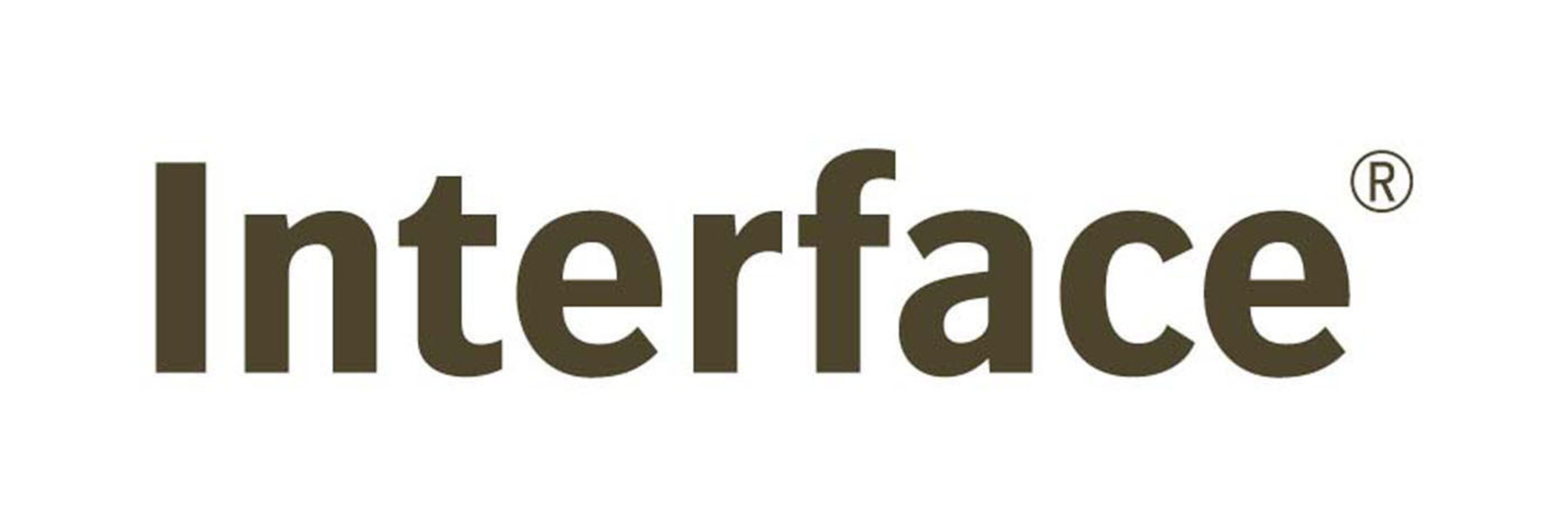
Project Title – Driving Employee Engagement in Personal Sustainability Behavior
Interface began its sustainable business transformation almost 25 years ago. Visionary founder and CEO, Ray Anderson, led the company to a very bold vision: zero negative impact by 2020, and ultimately a regenerative or restorative influence thereafter. In recent years, coming close to zero, the company launched an ambitious new mission, Climate Take Back, an initiative focused on building a plan for the company to become carbon negative while influencing other companies to do the same, and on influencing employees to take their own individual actions.
Interface has been working over the last year to increase internal awareness of the new mission and is beginning to focus on designing a program that shifts them from understanding the company mission to taking individual actions. Equal parts inspiration and tactics, the program needs to shift employees’ beliefs about the impact that their individual actions can have on climate change. Through the use of the Handprinter model and the UN’s Good Life Goals, the team will design a program that focuses on optimism and individuals' sustainability goals through company supported actions. The program will help employees understand and measure their own impact and will be implemented across the global employee population.
Host - Vanu, Inc.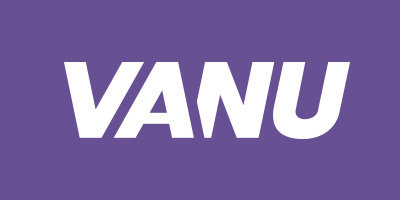
Project Title – Using Mobile Network Technology to Spur Economic Development in Rwanda
Vanu Inc. is a cellular network technology company that creates connectivity solutions for locations that have historically been a technological and cost prohibitive challenge to cover. Headquartered in Lexington MA, with offices in India and Rwanda, the company was born out of groundbreaking research in software radio technology at MIT. It now aims to serve the 1.2 billion people that do not have connectivity and the half of the world’s population that does not have access to the internet.
The purpose of the practicum is to develop a “business in a box” that would profitably and sustainably provide coverage solutions to remote populations in Rwanda with a suite of services for the wants and needs of identified regions. This effort will be done in partnership with a local entrepreneur, and customized to the unique entrepreneurial landscape of Rwanda. Because traditional mobile network operators cannot expand coverage solutions to remote markets due to the economics of conventional cellular solutions and business models, SI-MBA students will be working to address this gap in coverage using Vanu’s unique combination of technology and business model innovations.
Host – FIS
Project Title – Establishing a Firm-Wide ESG Investment Policy
FIS Group is an investment management firm that provides customized “manager of managers” investment solutions for institutional investors.
The foundation of the practicum with the FIS Group is to assist the firm in establishing a firm-wide ESG (Environmental, Social, and Governance) Investment Policy Statement (IPS) that reflects the core values of its investment mission from both an investment and analytics perspective. This policy will cover a general firm overview as well as all areas of the business (Piedmont Investment Advisors, FIS Emerging Manager of Managers, and Aapryl). ESG is an emerging asset class that promotes sustainable and ethical business practices. The goal is to improve the firm’s risk management framework by integrating an ESG policy, which ultimately encourages the firm to identify risks related to ESG, while also identifying positive returns. All five SI-MBA students will work collaboratively on the IPS, which will be a living, dynamic document throughout the duration of the practicum. In addition, SI-MBA students will assist the investment advisors in developing ESG portfolios to be used as part of an overall ESG investment strategy.
Host – JUST, Inc.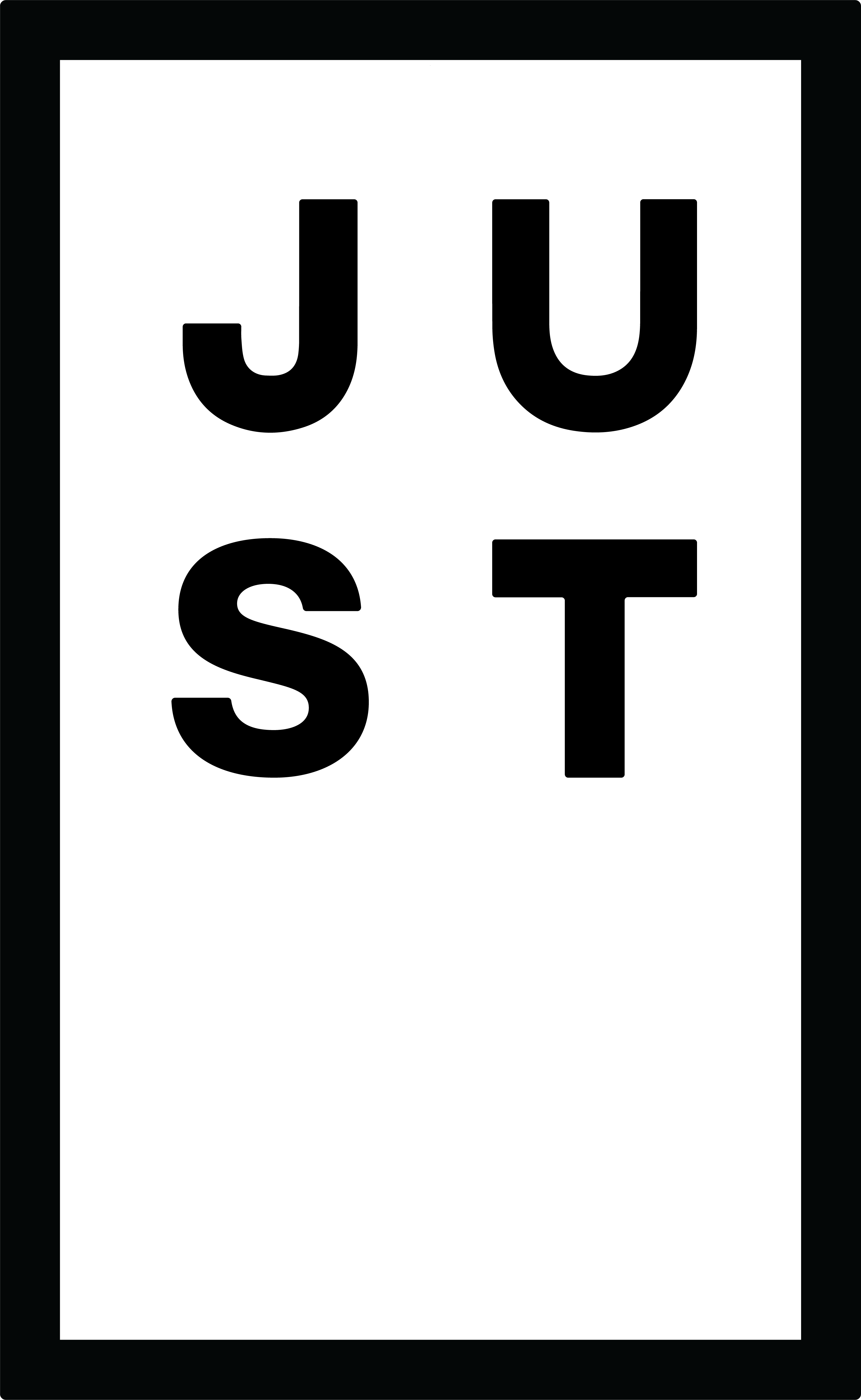
Project Title – Emerging Markets Strategy Development
JUST, Inc. sources food discoveries from the breadth of the plant kingdom, comprising over 350,000 plant species around the world. From its headquarters in San Francisco, JUST uses such discoveries to produce plant-based mayonaise, dressings, cookie dough, eggs, and cultured meat. JUST aspires to create a food system that is truly “JUST for all” by ensuring that every community has access to affordable, delicious, nutritious, and locally produced food. This approach aims to address hunger and malnutrition, but without compromising the environment. In 2017, it launched an affordable and nutrient-fortified porridge in Liberia with plans to expand into other African markets. This year, JUST launched its plant-based egg product (JUST Egg) in Asian markets. Students will support the JUST Emerging Markets team in the development and implementation of go-to-market strategies for such products.
Host – VSECU
Project Title – Bottom of the Pyramid Investment Fund Development
This practicum is focused on identifying an environmental, social, governance (ESG) scoring methodology for registered securities, and developing a value proposition that has the potential of becoming a meaningful articulation of VSECU’s vision and brand. The team will develop screening strategies for registered securities that include mutual funds, exchange traded funds (ETF), stocks, and bonds. The practicum has two desired outcomes. The first, to identify a series of potential methods of screening or scoring securities. The second, to present a recommendation for new model portfolios that meet the ESG parameters and the financial needs of VSECU’s members.
